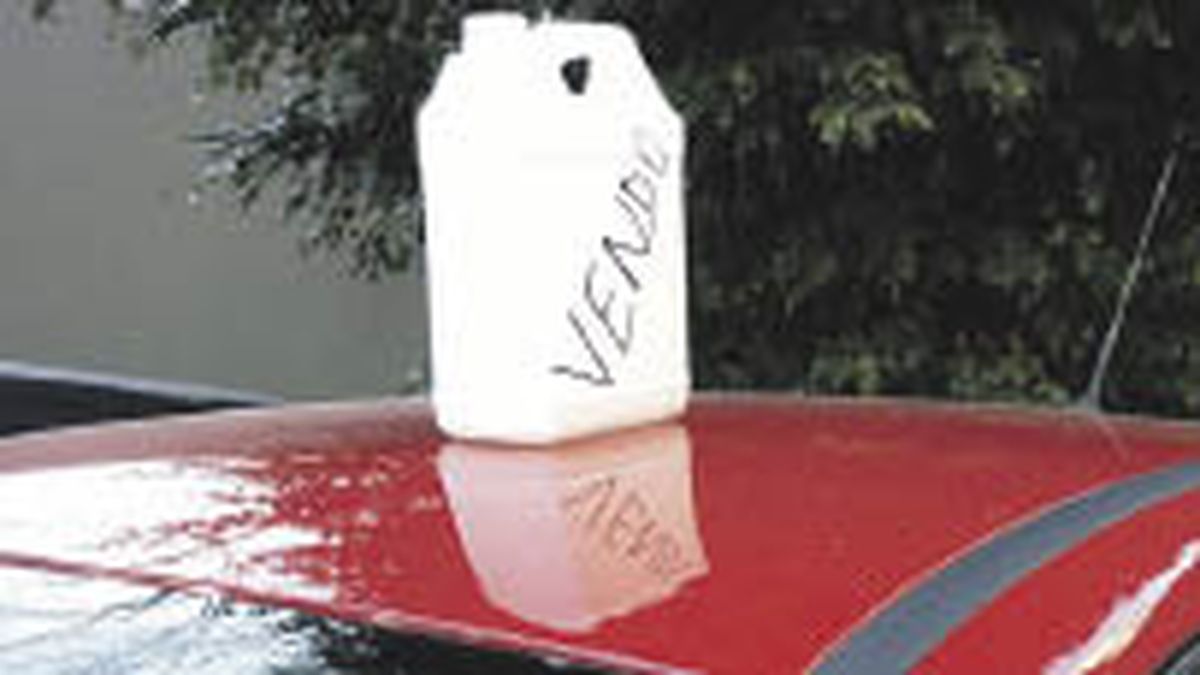According to Automotive Chamber of Commerce (CCA)the operations of sale of used vehicles reached 146,112 unitswhich represented a rise of 9.10% compared to June, and a year-on-year decrease of 1.44%.
In the entity’s statement, the unexpected data was recorded.
“The market surprises us,” said the president of the CCA, Alberto Príncipe, after pointing out that “the volatility of the dollar during the month (July) and the lack of stock in the agencies was the explosive cocktail so that sales instead of to grow with respect to June they will go down”.
And he adds: “When July began, we could not imagine trading a sales volume of more than 140,000 units, despite ending the month more than 1 point below the same month last year.
The explanation of this phenomenon has to do with the conformation of the market. Those who registered a slowdown in activity were the concessionaires, which represent just over 40% of sales. The other leg goes through direct operations between individuals. The “owner sells” or the traditional “tachito”. The suspicion is that this segment of the market moved actively, driven by the jump of the “blue” that came close to $350 for a few days. Buyers with savings in that currency went out to assert their bills and tempted sellers who saw that there were people willing to pay the asking price for their car or even a little more. There was no price discussion.
This repeated behavior may have added a number of operations that, in the official agencies, they did not contemplate.
“The one who sells on his own account, surely, did not update the price before the escalation of the blue nor does he have to be aware of the replacement value. Many sellers will have found buyers, with savings in dollars, who paid without discussing because they benefited from a very strong rise in the exchange rate ” The secretary of the CCA, Alejandro Lamas, explained to Ámbito.
On the other hand, dealerships handle things differently and adjust prices more quickly or, in moments of great confusion, stop operations because a miscalculation causes them to lose out when they have to replenish stock.
If you look at what happened from January to July, a period in which 928,617 units were sold, a drop of 0.22% was registered compared to the same period in 2021, with 930,655 vehicles transferred.
Source: Ambito
David William is a talented author who has made a name for himself in the world of writing. He is a professional author who writes on a wide range of topics, from general interest to opinion news. David is currently working as a writer at 24 hours worlds where he brings his unique perspective and in-depth research to his articles, making them both informative and engaging.




